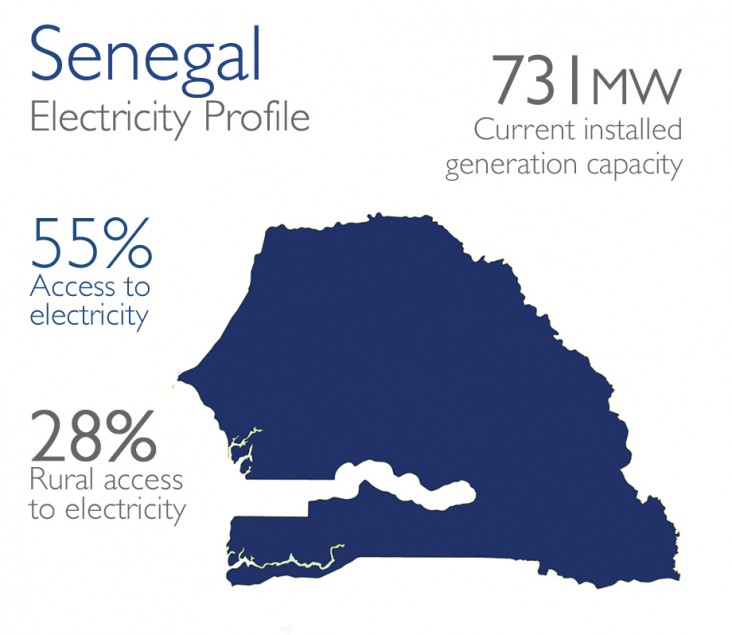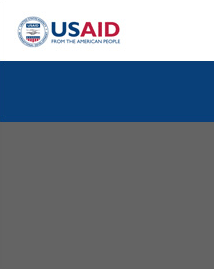- Where We Work
- Interactive Map
- Afghanistan and Pakistan
- Africa
- African Union
- Power Africa
- About Us
- How We Work
- Partners
- News & Information
- Power Africa Toolbox
- Where We Work
- Angola
- Benin
- Botswana
- Burkina Faso
- Burundi
- Cameroon
- Chad
- Côte d`Ivoire
- Democratic Republic of the Congo
- Djibouti
- Eritrea
- Ethiopia
- Gabon
- Gambia
- Ghana
- Guinea
- Guinea Bissau
- Kenya
- Lesotho
- Liberia
- Madagascar
- Malawi
- Mali
- Mauritania
- Mozambique
- Namibia
- Niger
- Nigeria
- Republic of Congo
- Rwanda
- Senegal
- Sierra Leone
- South Africa
- South Sudan
- Swaziland
- Tanzania
- Togo
- Uganda
- Zambia
- Trade and Investment Engagement
- Angola
- Benin
- Botswana
- Burkina Faso
- Burundi
- Cameroon
- Central Africa Regional
- Central African Republic
- Chad
- Côte d'Ivoire
- Democratic Republic of the Congo
- Djibouti
- East Africa Regional
- Ethiopia
- Ghana
- Guinea
- Kenya
- Lesotho
- Liberia
- Madagascar
- Malawi
- Mali
- Mauritania
- Mozambique
- Namibia
- Niger
- Nigeria
- Republic of the Congo
- Rwanda
- Sahel Regional
- Senegal
- Sierra Leone
- Somalia
- South Africa
- South Sudan
- Southern Africa Regional
- Sudan
- Swaziland
- Tanzania
- Uganda
- West Africa Regional
- Zambia
- Zimbabwe
- Asia
- Europe and Eurasia
- Latin America and the Caribbean
- Middle East
- Mission Directory
Senegal
POWER AFRICA FACT SHEET

Senegal Energy Sector Overview
The Government of Senegal has made power sector development a key component of its Plan Sénégal Emergent, which aims to make Senegal an emerging economy by 2035. The country’s ability to achieve this ambitious goal depends in large part on tackling key challenges including moving away from dependence on imported fossil fuels, ensuring affordability, and expanding electricity access – particularly in rural areas.
Despite significant potential for biomass, solar and wind production, Senegal currently depends on imported fossil fuels for much of its power supply. The country has about 864 MW of installed generation capacity to serve a population of more than 14 million people, resulting in frequent outages.
Senegal’s national electricity access rate is relatively high (55 percent), but this falls to below 30 percent in rural areas. The Government of Senegal has set targets to achieve 60 percent access in 2017 and universal access in 2025. Rural electrification runs on a concessions program whereby ten distinct rural electrification concession areas can be awarded to bidders in a competitive tender. To date, six of the ten concessions have been awarded and three are up and running.
Power Africa Support
Power Africa supports Senegal’s power sector through wide-ranging financial and technical assistance in cooperation with the World Bank Group, the European Commission, the Government of Japan and other development partners:
- OPIC has provided financial support to key transactions including the Cap des Biches thermal power plant, the Senergy solar PV farm, and the Taiba N’Diaye wind plant.
- USAID provided training to Senelec on utility modernization and renewable integration.
- USAID is supporting development of an energy demand model and optimal generation mix to help Senelec prepare a new Master Plan and associated least-cost investment program.
- USAID is providing ongoing transaction advisory services to energy projects and developers.
About Power Africa
Power Africa is a multi-partner initiative which launched in 2013. Power Africa’s goals are to increase electricity access in sub-Saharan Africa by adding more than 30,000 megawatts of cleaner, more efficient electricity generation capacity and 60 million new home and business connections.
Power Africa works with public and private sector partners to remove barriers that impede sustainable energy development in sub-Saharan Africa and to unlock the substantial wind, solar, hydropower, natural gas, biomass, and geothermal resources on the continent.
Mobilizing Partnerships & Investments
Power Africa draws on the combined expertise and abilities of 12 U.S. Government agencies, the World Bank Group, the African Development Bank, the Government of Sweden, the Government of Norway, the Government of Canada, the UK Department for International Development, the Government of Japan, the International Renewable Energy Agency, African governments, and private sector partners.
Power Africa’s “Toolbox” approach offers a range of resources to advance key projects on the electricity grid and, through the Beyond the Grid sub-initiative, in places where the national grid doesn’t reach.
Power Africa Contact for Senegal:
Cheryl Voisard, Power Africa Lead
USAID Senegal
Email: mailto:cbowdre@usaid.gov
For more information on Power Africa:
www.usaid.gov/powerafrica
instagram.com/powerafrica
#powerafrica
Sources:
Power Africa Senegal Factsheet ![]() (pdf - 382k)
(pdf - 382k)








Comment
Make a general inquiry or suggest an improvement.